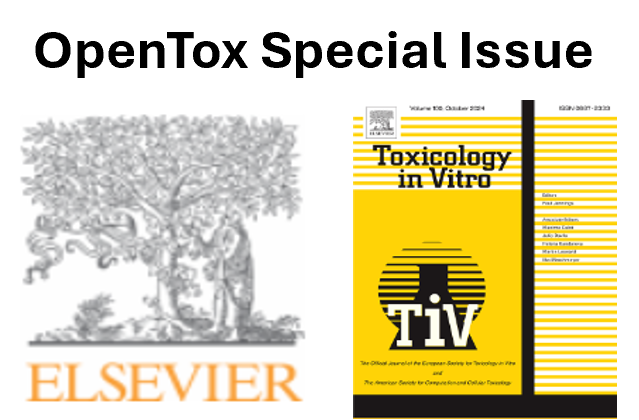Since 1 September 2021, Nynke Kramer is associate professor in toxicology at the Toxicology Division of the Agrotechnology and Food Sciences group of Wageningen University. She teaches toxicology, toxicokinetics and (eco)toxicological risk assessment at undergraduate, graduate, and postgraduate level. Before starting at Wageningen University, she was assistant professor in toxicology at the Institute for Risk Assessment Sciences (IRAS) of Utrecht University, where she also obtained her PhD in 2010. Her research focusses on enhancing the uptake of in vitro models in chemical safety assessment by developing models extrapolating toxic concentrations in in vitro cell assays to toxic doses relevant to humans and animals. Her research has led to over sixty peer-reviewed publications identifying physiological and chemical parameters underlying the accumulation of toxicants in cells in the body and in in in vitro toxicity assays. Illustratively, Nynke’s research has been awarded the SETAC Procter and Gamble Fellowship for Doctoral Research in Environmental Sciences. She used the prize money to do part of her research at the Swiss Federal Institute for Aquatic Science and Technology, Eawag, Dübendorf, Switzerland. Before starting her PhD, Nynke obtained her BSc degree in Life Sciences at University College Utrecht and her MSc degree in Environmental Change and Management at the University of Oxford.
PBPK model-based QIVIVE to translate AOP-informed in vitro test battery data in NGRA
Physiologically based pharmacokinetic (PBPK) models are promising tools in next generation risk assessment (NGRA) as they can be used to extrapolate in vitro effective concentrations to in vivo bioequivalent doses, a procedure referred to as quantitative in vitro in vivo extrapolation (QIVIVE). To have these models accepted in chemical safety assessment requires guidance on what readouts from in vitro absorption, distribution, metabolism and excretion (ADME) and toxicity assay to integrate PBPK models for accurate chemicals hazard characterisation in humans. To do so, it is important to generate case studies of PBPK model based QIVIVE, which is what is examined in the EU Horizon 2020 project ONTOX and associated research projects. This presentation discusses the QIVIVE of in vitro readouts from toxicity assays measuring key events in three adverse outcome pathways (AOPs): liver steatosis, acute kidney injury and developmental neurotoxicity. The role of in vitro distribution kinetics for quantitative AOP development and PBPK model-based QIVIVE is specifically examined using the steatosis drug amiodarone and azole fungicides, nephrotoxic polymyxin antibiotics and developmental neurotoxicant chlorpyrifos.

